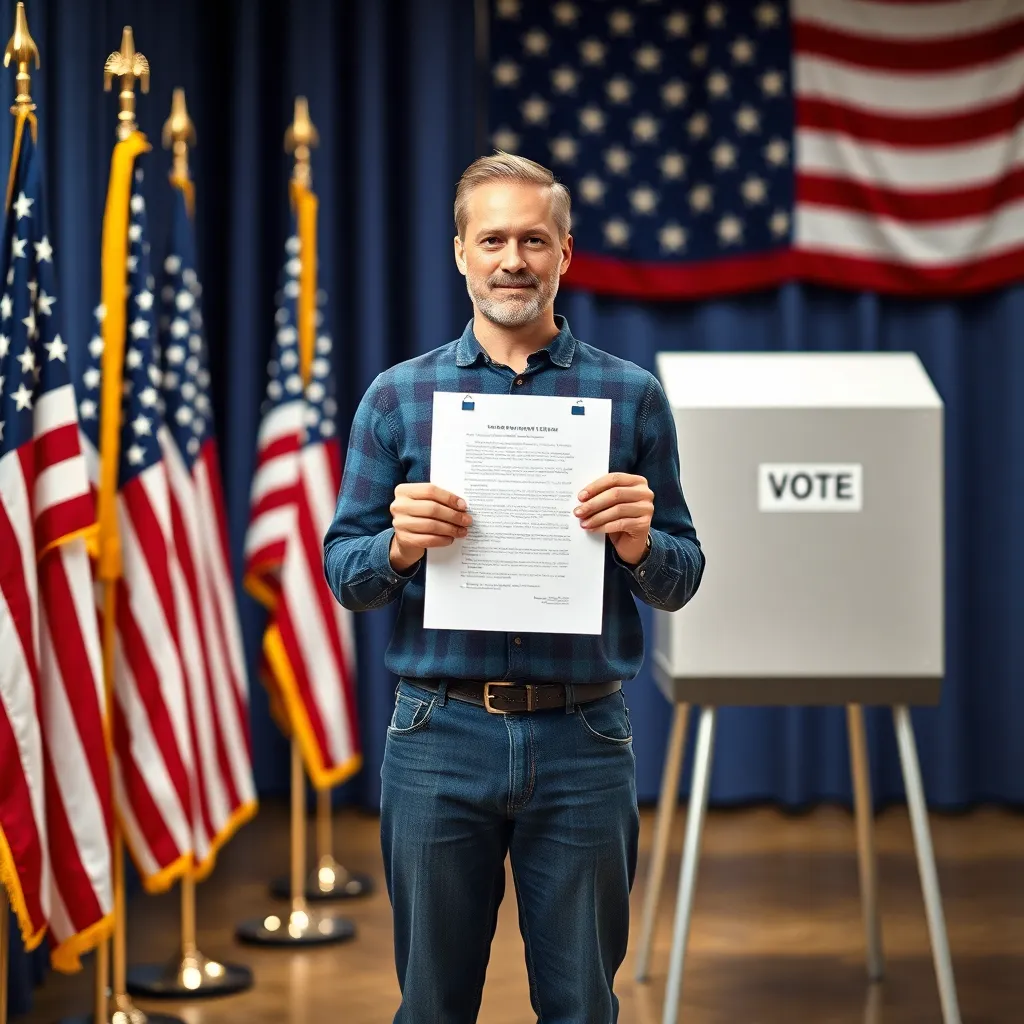
In a move that has sparked widespread concern among voting rights advocates and lawmakers on both sides of the aisle, the Republican-led US House has passed a bill requiring proof of citizenship when casting ballots. The legislation, which now heads to the Senate for consideration, aims to strengthen voter verification measures in an effort to reduce voter fraud.
While proponents of the bill argue that it is necessary to ensure the integrity of the electoral process, critics contend that it represents a major overreach by state and federal governments into personal freedoms and could disproportionately impact certain demographics. Vermont’s Democratic Secretary of State, Jim Condon, has already spoken out against the legislation, stating that it would create “unnecessary barriers” for eligible voters.
The bill in question requires states to implement procedures for verifying the citizenship status of registered voters before they can cast ballots. This could involve requiring voters to present identification documents, such as passports or birth certificates, at polling stations or online registration portals. Proponents argue that this will help to prevent ineligible individuals from voting, but opponents warn that it may lead to confusion and disenfranchisement among eligible voters.
The implications of this legislation are far-reaching and could have significant consequences for American democracy. As the US continues to grapple with issues surrounding voter ID laws, gerrymandering, and electoral reform, it is essential to consider the potential impact of this bill on marginalized communities, particularly those with limited access to identification documents or resources.
In Vermont, where the Secretary of State has long been a champion of voting rights and accessibility, the passage of this legislation comes as little surprise. Condon has already vowed to work with lawmakers to find alternative solutions that balance voter verification with electoral integrity. As the bill makes its way through the Senate, it remains to be seen whether similar efforts will be taken in other states.
For now, advocates for voting rights are sounding the alarm on this legislation, urging lawmakers and citizens alike to remain vigilant about protecting the fundamental right to vote. “This bill is a threat to the very fabric of our democracy,” said one advocacy group spokesperson. “We must do everything in our power to ensure that all eligible voters have access to the ballot box.”





